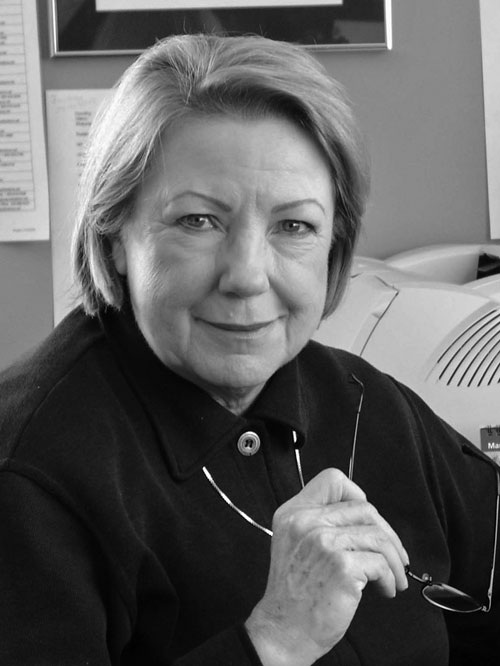
Issues in the news
Tell the tale of how the Inuit used to leave their elders out on an ice flow in times of famine and you will hear reactions that range from distaste to horror.
Yet, are we doing any better today with our elders?
I will always regret that I did not bring my own mother to live with me instead of shunting her off to an old folks’ home. She made the best of it, but she didn’t like it there, and why would she? She was in full control of her faculties right up until the end while most of her fellow inmates were in varying stages of dementia. Due to severe osteoporosis, she was confined to a wheelchair and my excuse was that I lived in a tri-level split level, but really, couldn’t I have worked something out?
I ask these questions and take the blame on myself because I am going to say now that I think that the last two generations of warehousing our elders was selfish and wrong – maybe even evil.
The horrendous stories coming out of Ontario and Quebec about how many parents and grandparent have been left to perish in group homes, uncared for, alone and without seeing their families, make we weep. Instead of locking them down for “their own good”, why did we not bring them home to sit out the virus with us? C’mon. The conscientious among us were doing their very best to self-protect. The chances of infecting our elders was a lot lower than that they would be infected by a stranger nurse.
I won’t belabour that point because I don’t want to guilt anyone. But maybe this awful epidemic will help us see the folly of warehousing our old.
It is not like this is the first time we have heard of abuse and horrific conditions for our elders. Sometimes it is just rough and careless handling of frail bones. We often hear of hip fractures in these places and that is usually the beginning of the end. When my husband was dying, the system’s advice was to get him to a palliative care home – I was staying with him in the hospital. Caring nurses there advised me to stay where we were, where at least I could be with him and he could still get the care he needed. We wanted to bring him home but on a visit over Christmas, he made that decision himself. It was not where he wanted to die, but he wanted me with him. So, I stayed with him in his hospital room.
Not everyone gets this option, I know, but there should be options. Why do we automatically think of sending our people to giant living coffins, when they could be in our gardens, eating breakfast with us, watching TV and having our love all around them?
There must be a better way. Maybe it is not a one-size-fits-all – that approach seldom solves any problem, but perhaps we can take some of the vast resources now poured into the brick and mortar of these “care homes” and put those dollars into support services.
Families who all work and are consumed with the daily demands of modern living often feel they cannot care for their elders at home. But what if we could send them more day help instead of putting our parents “away”?
In retirement and seniors’ homes, our elders pay for their own upkeep through their pensions. That money could go into assisting with the cost of day support for people who have to work, (although this amount would have to be supplemented because the amount of money a senior with no further resources is expected to live on would not get you a daily cleaning lady!)
The advent of this virus is an opportunity to rethink and make some critical changes to the way we care for our senior population. What we are doing now is clearly not a good option. While there are some folks who must have continuing medical care, maybe it could be offered in smaller group settings, the way we do for some learning-challenged people. And perhaps the vast number could remain at home with just a little bit of careful thought.
Yes, it may be inconvenient, but it is not forever, sadly, and at least you will have the chance to say goodbye.


Excellent article. Agree 100%.